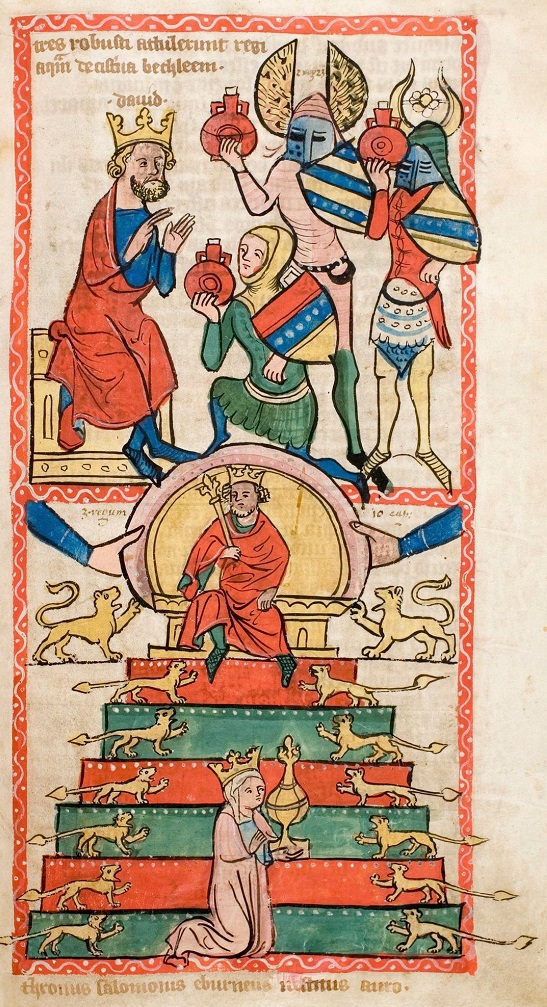FWP:
For background see S. R. Faruqi's choices. This verse is NOT one of his choices; largely for completeness, I have added it myself. For more on Ghalib's unpublished verses, see the discussion in {4,8x}.
This verse belongs to the set of 'independence' verses (for more on these see {9,1}) in which Ghalib suggests that it's desirable to rely only on one's own resources, even if these are inferior, rather than borrowing from someone else. Here, the 'fallen' one who is content to stay down on the ground is not only is a credit to his age-- rendering it 'happy' in the sense of 'fortunate, auspicious'-- but also has an extraordinary kind of potency. After all, the second line tells us clearly that he would 'make the footprint of an ant into the throne of Solomon'. And what could be a greater sign of independent, personal power than that?

Asi:
vaqt us uftādah kā ḳhvush -- it is the translation of a Persian idiom. As Urfi says in a verse, vaqt-e ʿurfī ḳhvush .... In Urdu, we will say, 'Oh Asad, that person is very good who would, through contentment, stay settled in one place, and would consider the footprint of an ant to be the throne of Solomon. He has said 'footprint of an ant' because of its being 'fallen' on the earth.
== Asi, pp. 234-235